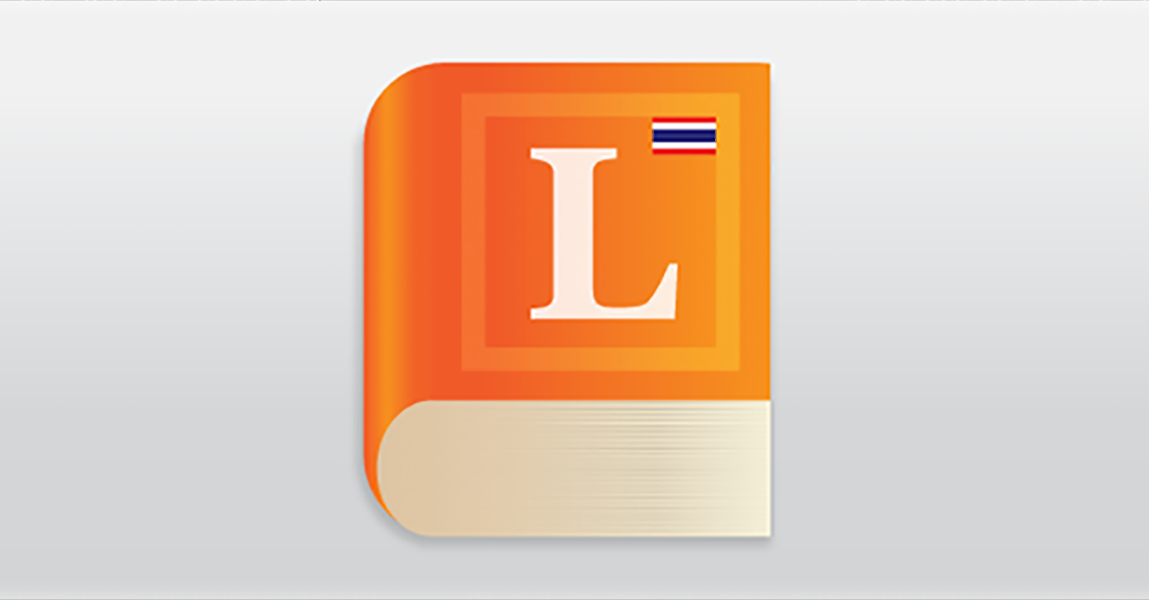Future Perfect Tense Exercises in Hindi (Hindi to English Translation)
Future Perfect Tense Exercises in Hindi (Hindi to English Translation). Future perfect tense sentences for Hindi to English translation. Practice Sentences for Hindi to English Translation Exercises. फ्यूचर परफेक्ट कंटीन्यूअस टेंस एक्सरसाइज इन हिंदी। फ्यूचर परफेक्ट टेंस हिंदी टू इंग्लिश ट्रांसलेशन। इस पोस्ट के माध्यम से आप फ्यूचर परफेक्ट टेंस के हिंदी टू इंग्लिश ट्रांसलेशन अभ्यास के लिए दिए गए…
Who first said: "It ain''t over ''till the fat lady sings"? | Notes and Queries
Who first said: "It ain't over 'till the fat lady sings"?
Debits and credits
Debits and credits in double-entry bookkeeping are entries made in account ledgers to record changes in value resulting from business transactions. A debit entry in an account represents a transfer of value to that account, and a credit entry represents a transfer from the account.[1][2] Each transaction transfers value from credited accounts to debited accounts. For example, a tenant who writes a rent cheque to a landlord would enter a credit for the bank account on which the cheque is drawn, and a debit in a rent expense account. Similarly, the landlord would enter a credit in the rent income account associated with the tenant and a debit for the bank account where the cheque is deposited.
Google แปลภาษา
บริการที่ไม่มีค่าใช้จ่ายของ Google ซึ่งสามารถแปลคํา วลี และหน้าเว็บจากภาษาไทยเป็นภาษาอื่นๆ กว่า 100 ภาษาได้ทันที
Here for a Good Time, Not a Long Time: Tinder Meaning & More
The true meanings of this phrase from house parties to Tinder biosYou've probably seen the phrase "here for a good time, not a long time" plastered on dating app bios and social media, and even in a pop song or two. In a nutshell, "here...
%E0%B8%A3%E0%B8%B0%E0%B8%9A%E0%B8%9A คืออะไร แปลว่าอะไร ตัวอย่างประโยค จากพจนานุกรมแปล ไทย-อังกฤษ LEXiTRON
%E0%B8%A3%E0%B8%B0%E0%B8%9A%E0%B8%9A คืออะไร %E0%B8%A3%E0%B8%B0%E0%B8%9A%E0%B8%9A แปลว่าอะไร %E0%B8%A3%E0%B8%B0%E0%B8%9A%E0%B8%9A มีความหมายอย่างไร พร้อมตัวอย่างประโยค จากพจนานุกรมแปล ไทย-อังกฤษ LEXiTRON ค้นหาคำศัพท์ แปลภาษาได้ง่ายๆ
รวมขั้นตอน เทคนิคการพรีเซนต์งานภาษาอังกฤษ
การนำเสนองานด้วยภาษาอังกฤษนั้น คงทำใครหลายคนตื่นเต้นมามาก แต่หลังจากนี้จะไม่ต้องกังวลอะไรแล้วค่ะ พบกับบทความรวมขั้นตอน เทคนิคการพรีเซนต์งานภาษาอังกฤษ ที่จะช่วยให้การนำเสนองานด้วยภาษาอังกฤษเป็นเรื่องง่ายสำหรับคุณ !! - 25 มิถุนายน 2561
คำศัพท์ MIRACLES แปลว่าอะไร
ดูความหมายที่พจนานุกรมลองดู Longdo Dictionary






